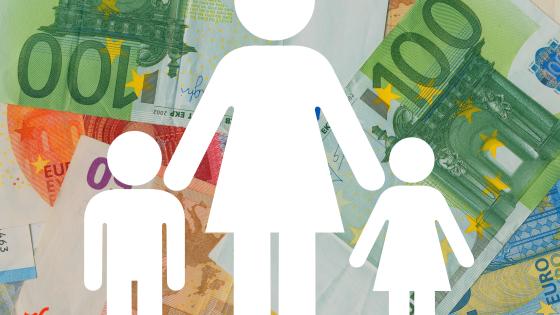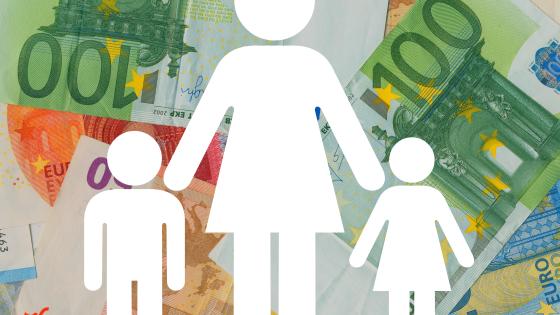

Search the site

Micro and Macro Implications of Household Behaviour and Financial Decision-Making is a new cross-disciplinary seminar series covering research at the intersection of household finance, macro and labour economics. It represents a collaboration between universities and research networks and centres.
Seminars are held on Zoom each month and will run for 90 minutes including a discussion panel.
Our fourth meeting will be on Friday 25th June from 3:30pm-5:00pm BST and will feature José-Luis Peydró (Imperial and CEPR) presenting Monetary Policy and Inequality (with Asger Lau Andersen (University of Copenhagen), Niels Johannesen (University of Copenhagen and CEPR) and Mia Jørgensen (University of Copenhagen)). Discussion by Adrien Auclert (Stanford and CEPR) and Kjetil Storesletten (University of Oslo and CEPR).
Registration Link:
https://us02web.zoom.us/meeting/register/tZEvduGppzMiGtZG_h9C_9n-eKY17pxmC690
Organisers: Richard Blundell, Michael Haliassos, Christopher Hansman, Yigitcan Karabulut, Peter Levell, Benjamin Moll, Tarun Ramadorai, and Polly Simpson.
Abstract: We analyze the distributional effects of monetary policy on income, wealth and consumption. We use administrative household-level data covering the entire population in Denmark over the period 1987-2014 and exploit a long-standing currency peg as a source of exogenous variation in monetary policy. We consistently find that gains from softer monetary policy in terms of income, wealth and consumption are monotonically increasing in the ex ante income level. The distributional effects reflect systematic differences in exposure to the various channels of monetary policy, especially non-labor channels (e.g. leverage and assets). Our estimates imply that softer monetary policy increases income inequality.